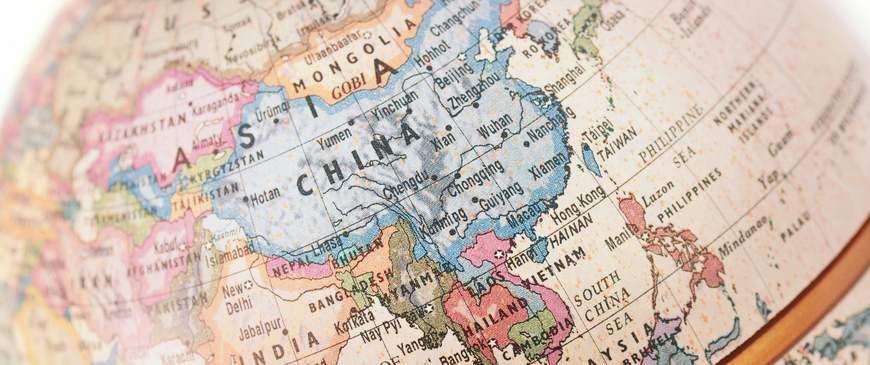
China's Belt & Road: Building bridges not walls
Another to pick up on this is the highly respected Ian Bond, deputy director of the Centre for European Reform in the UK. He told this website, “When it was first conceived, the ‘Silk Road Economic Belt’, linking China and Europe overland, seemed to offer Europe the chance to work with China on opening up Central Asia and giving new life to EU assistance programmes for the region that had been struggling along since the break-up of the Soviet Union.
“In 2015, when Jean-Claude Juncker was Commission President, the EU and China agreed on a ‘Connectivity Platform’ to link together projects under China’s Belt and Road Initiative and various EU projects improving physical and communications links between Europe and Central Asia. Since then, however, relations between Brussels and Beijing have deteriorated.”
Bond adds, “The Belt and Road Initiative came to be seen by the EU not so much as an economic development project and more as a tool to increase China’s political influence. In 2019 the Commission characterised China as a partner in tackling global issues, an economic competitor and ‘a systemic rival promoting alternative models of governance.’
“In recent years, the stress has fallen more and more on Europe’s systemic rivalry with China, as EU member states have become more concerned about unfair competition, theft of intellectual property, and, since Russia’s attack on Ukraine in February 2022, China’s political and practical support for Moscow.
“Recent revelations of Chinese intelligence operations in Europe, and efforts to influence European politics and policies, will do nothing to encourage the renewal of EU-China co-operation on ‘Silk Road’ projects. While goods will undoubtedly continue to flow from China to Europe by rail, it seems unlikely that the route will become a model of political partnership in the way that seemed possible a decade ago.”
